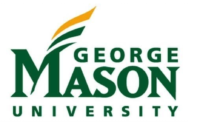
Download Report: Potential for Experiential Education in Distance Learning Contexts
The literal distance inherent in online education can be an important difference between it and traditional classroom settings, such that proximate, on-site learning is thought to be where experiential, transformative education happens (Cohen, 2013). Yet it is possible that some of the most compelling, effective aspects of traditional, proximate education are transferable, and are actively […]















